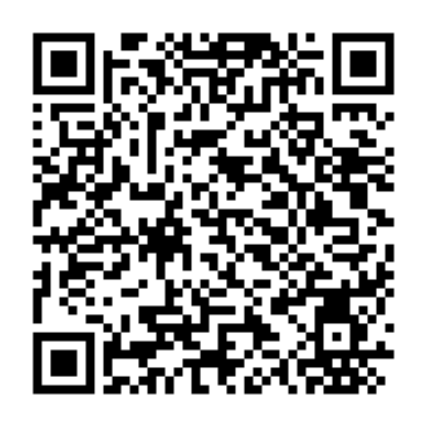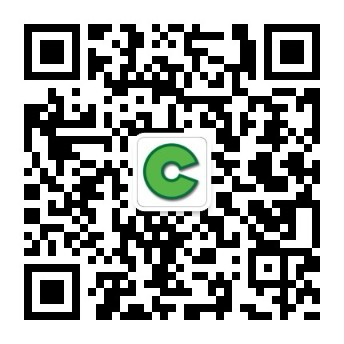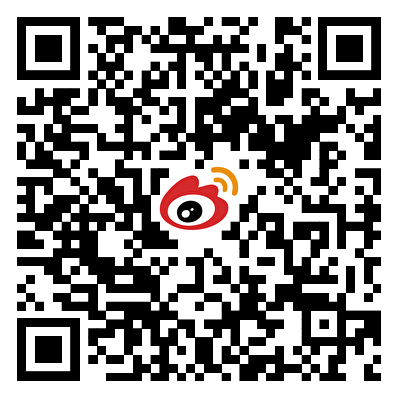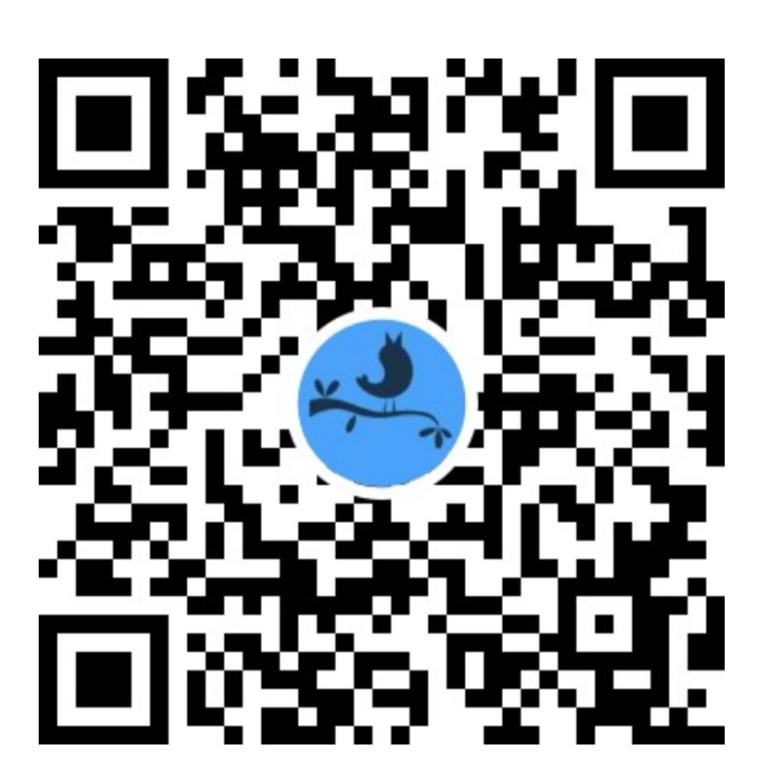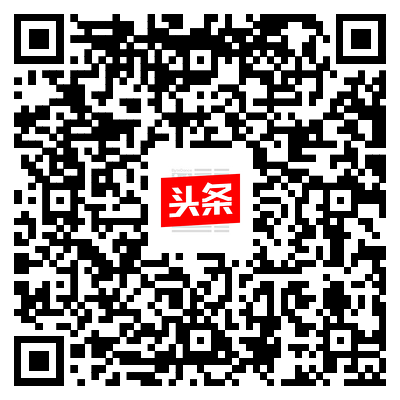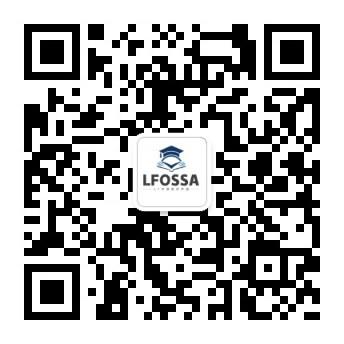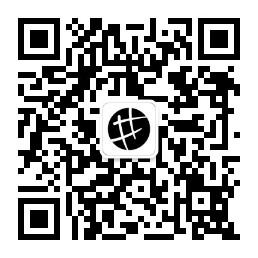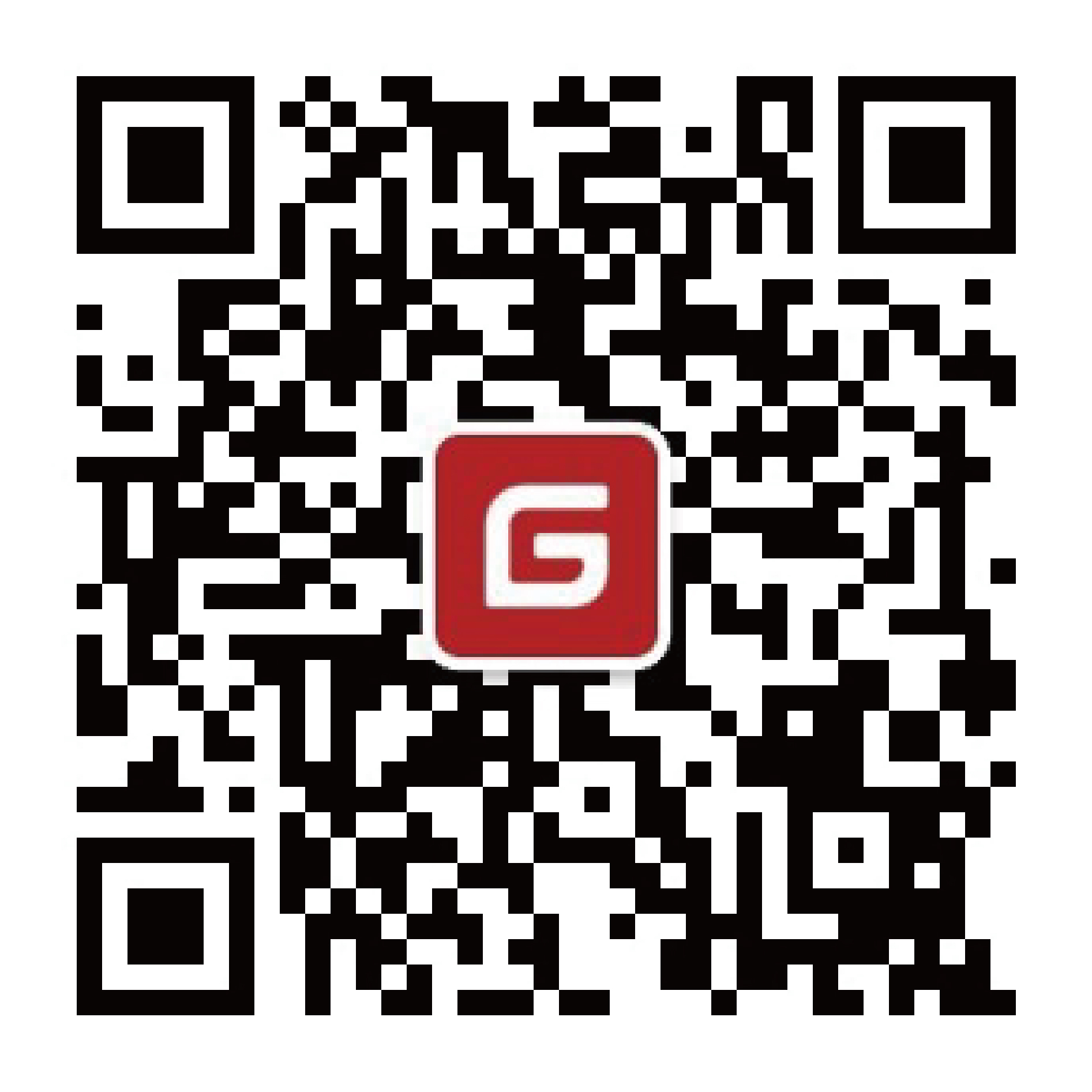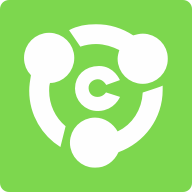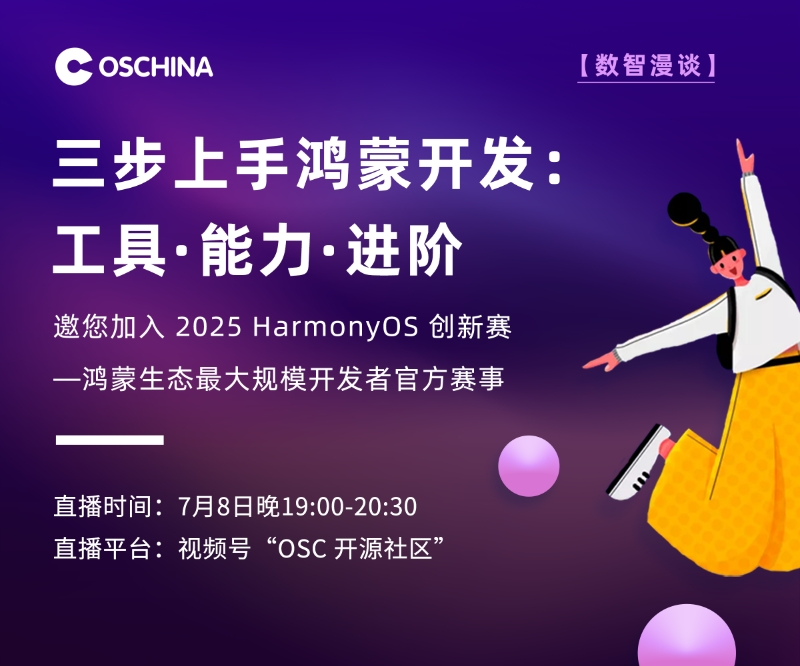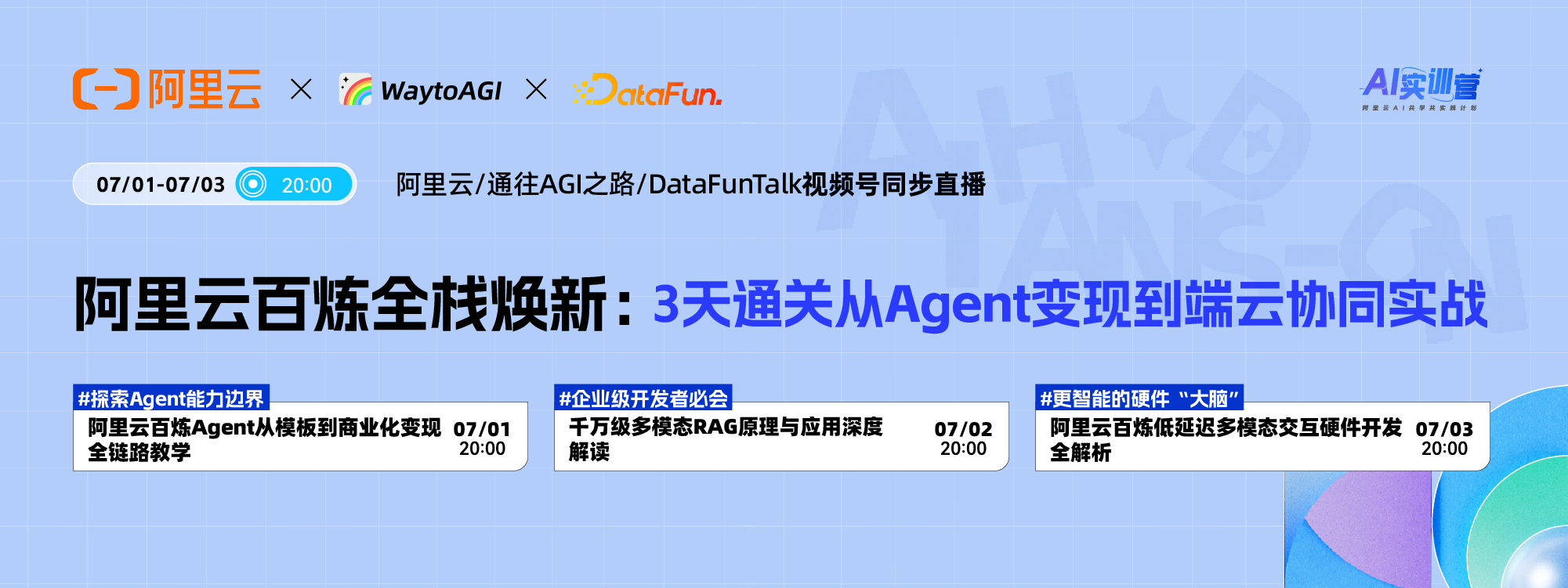On October 7, the United States Supreme Court held an oral debate on Oracle Oracle v. Google. The core of the dispute in the case has always been whether Oracle can claim the copyright of Java API, and if so, whether Google infringes these copyrights?
Can the Java API be copyrighted?
Sun Company developed Java in 1995, and Oracle acquired Sun with 7.4 billion dollars in 2010, and Java was owned by Oracle. In the same year, Oracle sued Google, claiming that Google infringed the copyright of the Java language, and claimed $8.8 billion.
Google has written its own Java version of Android operating system, but in order to allow developers to write programs freely based on Android, Google uses the same structure, order and organization as the Java API.
Oracle believes that Google copied the structure, order and organization of 37 Java APIs into the Android system, infringing the copyright of Oracle JDK. In these 37 packages, Google is completely the same as Oracle JDK in terms of naming classes and methods and functional design.
37 packages are as follows:
java.awt.font java.beans java.io java.lang java.lang.annotation java.lang.ref java.lang.reflect java.net java.nio java.nio.channels java.nio.channels.spi java.nio.charset java.nio.charset.spi java.security java.security.acl java.security.cert java.security.interfaces java.security.spec java.sql java.text java.util java.util.jar java.util.logging java.util.prefs java.util.regex java.util.zip javax.crypto javax.crypto.interfaces javax.crypto.spec javax.net javax.net.ssl javax.security.auth javax.security.auth.callback javax.security.auth.login javax.security.auth.x500 javax.security.cert javax.sql
Google believes that APIs, like letters or syntax, are basic elements for creating programs. It involves few ideas, and developers only refer to it as a shorthand form in code to refer to other longer instruction fragments. Therefore, it has no copyright.
Therefore, in the debate on October 7, the judges tried to use analogy to describe API and deduce whether it should enjoy copyright. However, the New York Times believes that this is "in a case of great influence, judges use the analogy of low technology to deal with high-tech disputes about computer code."
chief justice John Roberts suggested that perhaps Google's copying behavior is no different from the restaurant owner's copying the menu structure of another restaurant, because most menus have appetizers first, then main dishes, and then desserts. Oracle's code is so important that others will try to copy it, which means Oracle should be rewarded, not hurt because of copyright infringement.
The Lord Chancellor Stephen Breyer、 Sonia Sotomayor and Elena Kagan prefer Google's position. Stephen Breyer argued that allowing Oracle to protect the copyright of the API is like allowing the inventor of the QWERTY keyboard to own the intellectual property rights of all computers. Elena Kagan She cited several information organization and presentation methods that she thought were similar but did not have copyright protection, including the periodic table of elements and the animal species classification system.
In the relevant legal documents of the case, the series of Harry Potter books are also cited as an analogy. In support of Oracle's view, what Google does is take away the key parts of the book - chapter titles, character names, the first sentence of each paragraph - and sell every new book it writes. Support Google's view that the most appropriate analogy should be the structure of the book itself. The API is equivalent to the spine of a book and numbered pages. In this way, the mechanism for accessing and using the book is not only the interface of Harry Potter, but also the interface of all books.
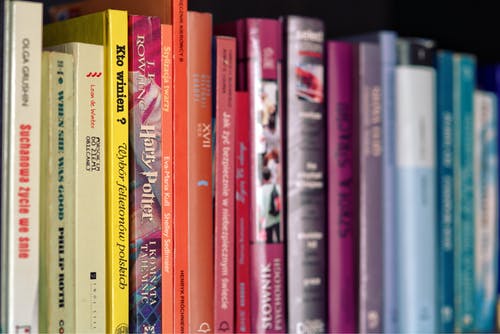
Is Google's code reasonable?
Tejas Narechania, an assistant professor of law at the University of California, concluded that the case raised two major issues for the United States Supreme Court. First, whether Oracle's code should be protected by the same copyright as Harry Potter, that is Can the Java API be copyrighted? Second, if Oracle can request copyright protection, is the use of Google's code reasonable? The answer to this question depends on how judges interpret the complexity of copyright law.
There are about 11000 lines of controversial code, accounting for less than 0.1% of Android software with a total of 15 million lines of code. Generally, the reasonable use of Google's code is based on the "cleanroom development" behavior. Because copyright usually only protects expressions, not the ideas behind expressions, the software written by "Clean Room Development" may borrow ideas from other software, but does not use reference expressions, so both works are original and do not infringe on each other.
The 37 packages involved in this case have been re realized through "cleanroom development". Oracle does not claim that Google uses the API word for word "Structure, sequence and organization" are so similar. In the view of many developers, even if Java API can enjoy copyright, and Google's behavior does not constitute infringement.
As early as 2012, in the trial of the first lawsuit, the judge referred the question of whether Google was used reasonably to the jury for evaluation.
The jury insisted on fair use. At that time, the jury ruled that the judge loved to write code. The judge believed that API life code and single sign on were not protected by copyright at all, and the copyright law was not applicable to any "thought, process, system, and operation method", while the naming and sorting methods of software packages, classes, and methods were too practical to be worthy of copyright protection. However, this verdict of the jury at that time was overturned in subsequent repeated trials - in 2014, the Federal Circuit Court reversed the previous verdict.
In 2016, the case returned to the local court, and the jury unanimously agreed that Google's use of Java API was legitimate and reasonable. The principle of fair use holds that, under a series of conditions, it is legal to reuse copyrighted work fragments without permission. This statement is tantamount to acknowledging the view that no license or license is required to develop interoperable software.
Then Oracle appealed the decision again. In 2018, the Federal Circuit Court again overturned the decision of the local court. Since then, Google has been communicating with the Federal Court and the United States Supreme Court, hoping that the court can reiterate the case. In November 2019, the United States Supreme Court agreed to review the case.

Who touched whose cheese?
The Supreme Court of the United States has just concluded its debate and is yet to give a final judgment. Google and Oracle, as well as supporters of their respective camps, have been quarrelling. The Supreme Court's decision in this case may have a huge impact on the software industry.
Support Google's view that if Oracle wins, it will set up a huge copyright barrier for all developers and force developers to reinvent the wheel, thus damaging the software industry. On the contrary, Google believes that such unauthorized copying is completely standard in software, which can save developers time to create new products and reduce the barriers to innovation.
Oracle's lawyer accused Google of copying, which damaged Sun's investment in developing original code. If the court makes a favorable judgment on Google, developers will not be able to get returns for their work, thus damaging the software industry. Supporters of Oracle believe that if its copyright is not protected, it will hinder innovation. Because in the software field, many small start-ups rely on the copyright attached to the copyright law and copyright protection to prove the rationality of their business model.
Perhaps Oracle put forward this view because of his "personal feelings". Oracle once claimed that Google had caused Oracle nearly 9 billion dollars in losses and claimed billions of dollars in compensation for "the widespread existence and success of Android".
Oracle's lead counsel Dorian Daley said that it is not fair for a replicator to copy these things and then write another book for commercial interests to affect the original book market. "Google essentially provides competitive products and uses our software for free in the competitive products. So it's really hard to compete with it. "
However, both Oracle and Google are mired in public opinion. For a long time, antitrust investigations against Google have suspected that Google is taking advantage of Android's market advantages and hindering industry competition. On October 6, it was reported that the US government would formally file an antitrust lawsuit against Google as soon as next week. Prior to that, the relevant agencies had investigated Google for nearly 16 months.
On the other hand, Oracle's privatization of Java and excessive litigation activities are often criticized. Who do you think will win the 10-year lawsuit between Oracle and Google?
Extended reading:
The father of Java talks about the origin of Java and Oracle Google dispute case
Oracle puts forward a new argument to the Supreme Court: Google has a problem
Oracle Google continues to file a lawsuit: the US Supreme Court agrees to review the Java API copyright lawsuit
Google reminds the US Supreme Court that Oracle may become a monopoly power
Google is sued by Oracle for code plagiarism, but the appeal may be rejected
The case of Google infringing Oracle Java copyright is difficult to decide, and the Trump government has been consulted
